July 30, 2025 | 18:31 GMT +7
July 30, 2025 | 18:31 GMT +7
Hotline: 0913.378.918
July 30, 2025 | 18:31 GMT +7
Hotline: 0913.378.918
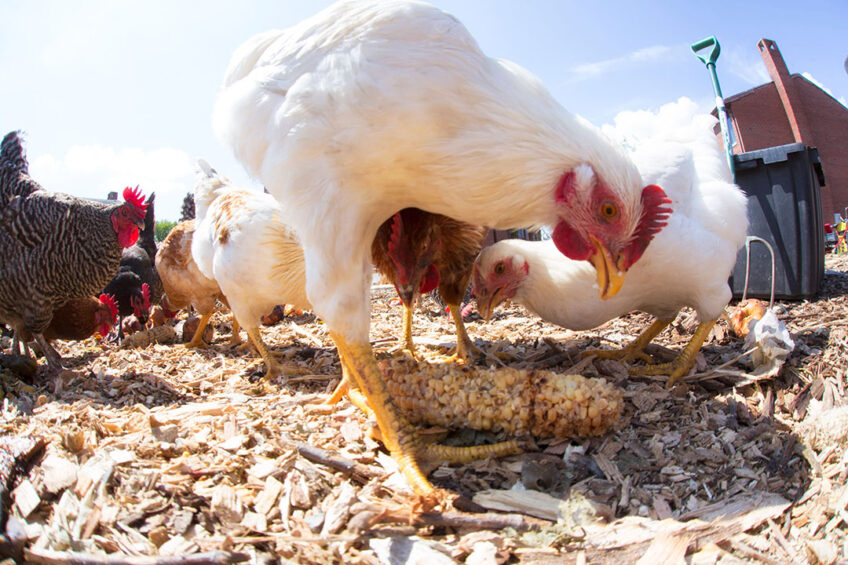
The rising demand for eggs, meat and milk in recent decades has driven higher EU imports of grains and cereals from developing countries with more tropical climates where mycotoxin occurrence is higher – thus raising the prevalence of mycotoxins in EU data. Photo: Canva
Natural and artificial factors are influential in contributing to increased mycotoxin levels across the continent, particularly meteorological conditions and irrigation practices, according to dsm-firmenich’s Sander Janssen.
Janssen, DVM manager mycotoxin risk management EMEA, said levels of mycotoxins, particularly Fusarium and aflatoxin, were rising across Europe: “This increase can be attributed to climate change and the evolving impact it is having on our ecosystems, along with the global commodity trade. Hotter, drier conditions and weather extremes favour the growth of toxin-producing fungi and place stress on plants, thereby amplifying mycotoxin.
“The rising demand for eggs, meat and milk in recent decades has driven higher EU imports of grains and cereals from developing countries with more tropical climates where mycotoxin occurrence is higher – thus raising the prevalence of mycotoxins in EU data.”
The presence of mycotoxins in crops presents risks to animal and human health, lowers farm profitability and makes global food systems less sustainable and more insecure, he stressed.
The company’s latest quarterly survey results concur with a recent study led by the University of Bath, which found that harmful fungal toxins in wheat affect almost half of crops.
The research team examined the largest datasets available from governments and agribusiness, both of which monitor Fusarium mycotoxins entering the food and animal feed supply chains. By using data from across Europe from the past 10 years, the team built the most comprehensive picture of the mycotoxin threat and how it is changing.
They found that:
Governments set legal limits on DON contamination levels in wheat to be consumed by humans and these regulations provide effective protection, with 95% of what is destined for the table meeting the safety limits for DON concentration.
However, the researchers are concerned about the effect of constant, low-level exposure in diets over the course of a lifetime.
Fungal biologist Dr Neil Brown, who works at the Milner Centre for Evolution in the Department of Life Sciences, said: “There are real concerns that chronic dietary exposure to these mycotoxins impacts human health.”
When levels reach a certain level, the contamination grain is diverted from human food to animal feed: “This comes at a cost to the cereal farmer, impacts cereal market prices and shifts the health problem to our livestock.”
The team found worryingly high levels of DON mycotoxin in wheat fed to livestock. PhD student in Dr Brown’s group, Louise Johns, said levels were much higher than in wheat consumed by humans: “This is a concern for animal health, but it also paints a picture of what mycotoxin levels in food wheat could look like without current regulations.”
The study also found that mycotoxin levels in high-disease years had become more severe since 2010. Johns said she was unsure of the cause: “We don’t know what’s causing the increase in Fusarium mycotoxins, which is why we need more research, but we suspect that changes in farming, such as soil preservation practices that provide a home for the Fusarium fungus, and climate change, such as warmer, more humid weather […] are playing an important role.”
Study co-author Professor Dan Bebber from the University of Exeter’s Department of Biosciences, said: “It is vital that we have better systems to monitor how Fusarium Head Blight disease is changing in the field and to predict which environments are most at risk in the future.”
Dr Brown believes the development of better ways to protect crops against fungal pathogens is “the only way for us to successfully mitigate the negative economic and health impacts of mycotoxins. As mycotoxin outbreaks become more severe in the future with climate change, this issue is only going to become more important.”
(PW)
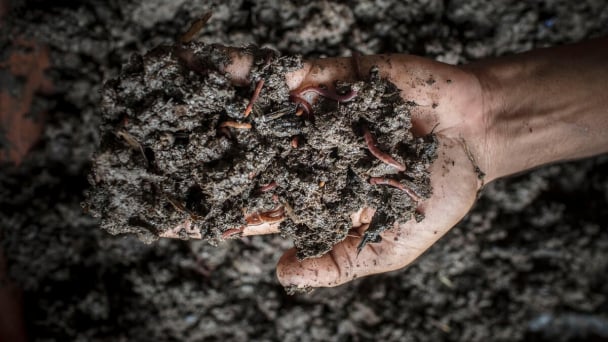
(VAN) FAO-led publication outlines structure and highlights agenda including new harmonized indicators and capacity building accessible to all.

(VAN) Energy group experts left after draft guidance on global warming plans ‘did not reflect the industry view’.
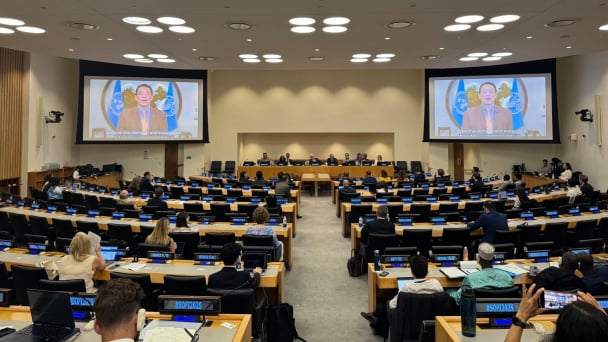
(VAN) Special Event in New York explores the causes, consequences and solutions to the 2021-2023 food price inflation.

(VAN) Ahead of Cop30, the Guardian will profile each of the top 10 emitters and their plans – good or bad – to tackle emissions.
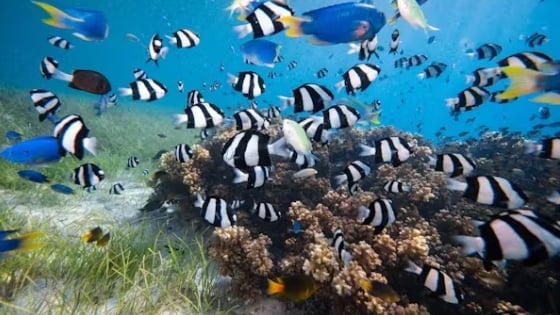
(VAN) Scientists have detected pesticides in rivers, lakes and oceans worldwide. So what are these pesticides doing to the fish?

(VAN) Farmers’ organisations from across the European Union feel that the EU is undermining farmers throughout the Union and call for reason.
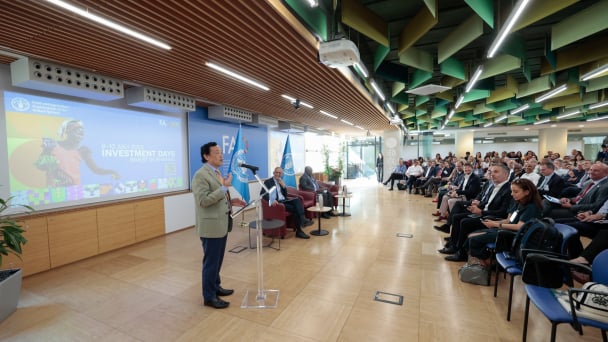
(VAN) Director-General urges bigger and deeper thinking to address youth employment challenge.